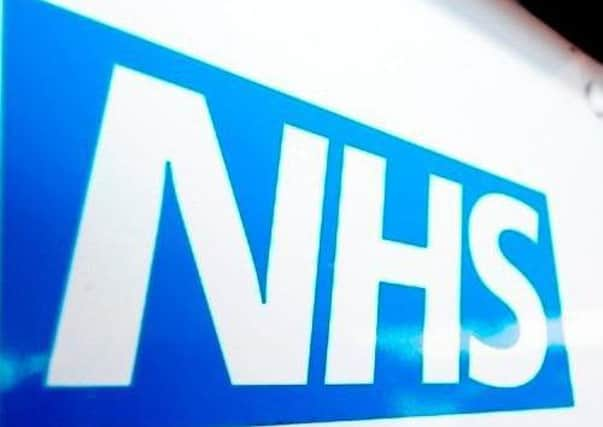CYBER ATTACK: GP bosses urge Northamptonshire patients to attend appointments as usual


Health services across England had to resort to pen and paper methods before the weekend after hackers hit the NHS with a large-scale ransomware attack.
Hospitals and GPs surgeries up and down the country are still feeling the effects of the attack today after thousands of appointments had to be cancelled.
Advertisement
Hide AdAdvertisement
Hide AdNHS Nene, the group that commissions health services in most of the county except Corby, said email and bookings systems at GP surgeries had to be taken offline as a precaution.
But a spokeswoman has urged patients they should attend appointments this week still unless told not to.
She said: "All of our patients can be assured that GP IT systems were taken down on Friday proactively as a precautionary measure. GP surgeries are open as usual today. If you have an appointment you should still attend unless contacted by your surgery and told not to.
"People should continue to use the NHS wisely. Remember patients can seek help and advice from a range of other sources, such as pharmacies.
Advertisement
Hide AdAdvertisement
Hide Ad"Bearing in mind the impact of the global cyber-attack we would urge people to be patient with staff who may still be dealing with disruption today."
On Friday a spokeswoman for Northampton General Hospital said the trust was not hit by the cyber attack, which demanded payment for the release of encrypted files.
However, it too was forced to close down its email systems.
Ransomware works by implanting a piece of software, often sent disguised in an email, which then turns data on a machine or network into encrypted gobbledygook.
The senders then demand a ransom, paid in an untraceable cyber currency such as BitCoin, which averages £350 to £700 but can reach into thousands. According to one estimate, the extortion racket is worth some £300m a year.
The major attack on Friday was only halted when accidental hero Marcus Hutchins inadvertently activated a “kill switch” in the malicious software.